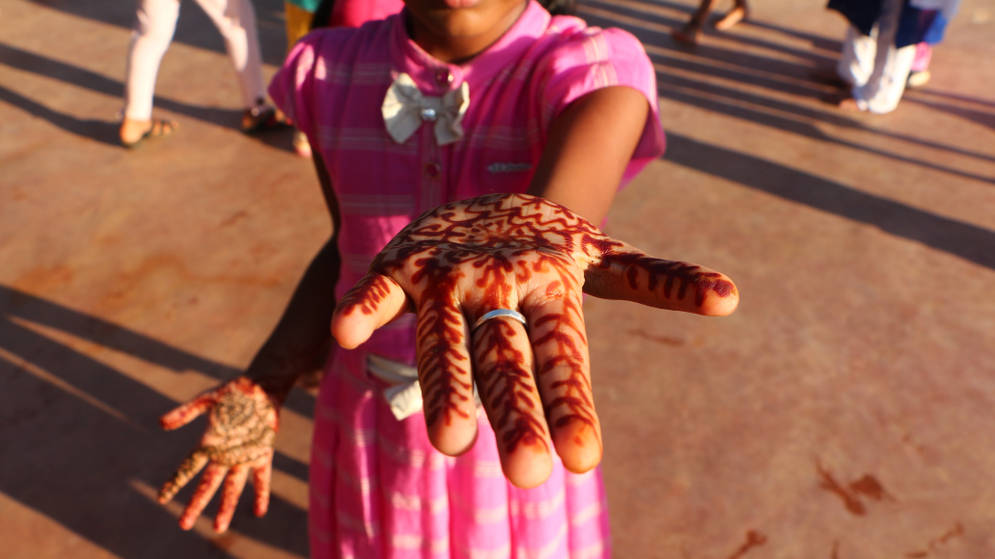The prevalence of child marriage in India lays bare the twin failures of the State. The first is a low score on the Human Development Index. Pervasive child marriage leads to a high school drop-out rate and raises neonatal, infant as well as the maternal mortality of underage girls. The second failure lies in the realm of the protection of child rights. Child marriage violates the United Nations Convention on the Rights of the Child adopted in 1989. India ratified this in 1992, committing itself to ending child marriage.
Recent National Crime Records Bureau data suggest a spike in the number of registered cases, from 293 in 2015 to 785 in 2020. But numerous incidents go unreported. A finding of the fifth National Family Health Survey in 2020 is that 40 per cent of married women in Bihar, Tripura and Bengal were underage. Unicef data say that on an average 1.5 million girls under the age of 18 are married off annually in India, adversely affecting health and even the economy: high drop-out rates deny children the skills necessary for gainful employment and, in turn, impact nation-building.
Legal action against offenders cannot be the only solution. Many household surveys have shown that educated mothers, who understand the value of education, are more likely to send their children to schools in comparison to unlettered mothers. So the literacy of mothers can be prioritized. Daughters are often viewed as a ‘burden’: parents must be made to understand that early marriage of daughters undermines their economic potential. Scholarships for all stages of girls’ education — Bengal’s Kanyashree scheme is an example —should be introduced all over India. The key lies in empowering girls through awareness campaigns, improving their health and nutrition, and supporting higher and vocational education.
State intervention needs to be more assertive especially during the time of the pandemic.










